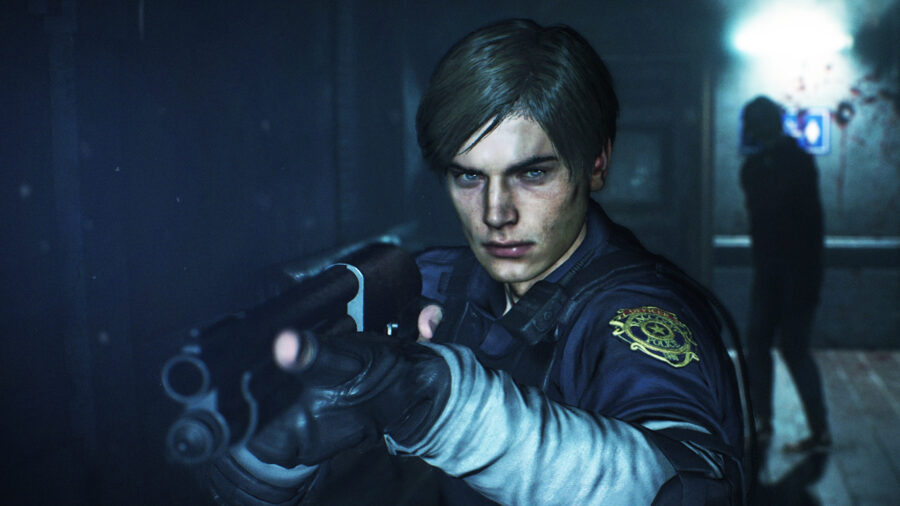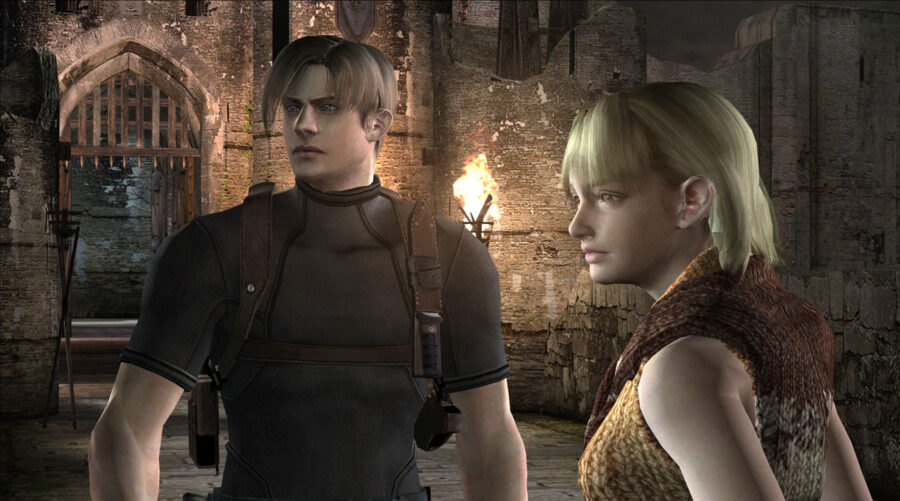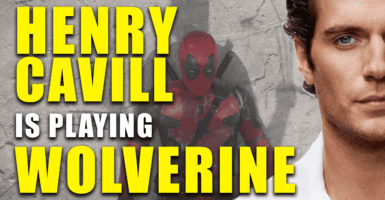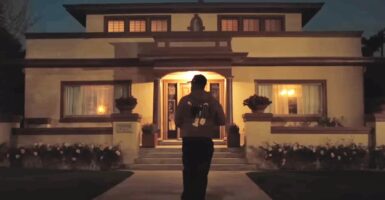Resident Evil Game Being Censored
A Resident Evil game is being censored!
This article is more than 2 years old

Following the remakes of 1998’s Resident Evil 2 and 1999’s Resident Evil 3, a remake version of Resident Evil 4, one of the franchise’s finest entries, is the next logical step. However, Capcom hasn’t officially confirmed the remake of Resident Evil 4, but given the commercial and critical success of the remakes, and the original RE4 title, we would say that it’s only a matter of time. With that said, the company recently released a Resident Evil 4 VR, which should’ve been an easy win for Capcom, were it not for the initial pre-release rumors regarding the game’s censorship, which sparked nervousness among gamers.
Apparently, Oculus’ parent company, Facebook, has stepped in to censor the game, altering some of the dialogue and cutscenes containing anything that the social justice crowd, and gaming news media, may deem misogynistic. This includes flirtatious and sexually suggestive dialogues, sexual harassment, and sexist or even sarcastic expressions, which account for approximately 30% of the game’s overall dialogue. However, according to We Got This Covered, the cuts and omissions of said dialogue were “clumsily disguised” by bursts of static on Leon’s comms device (instead of the usual “beep” censorship tone).
But there’s more. Luis’ infamous “ballistics” line is also absent, triggered by the “Secure the Ballistics” achievement, named after how Luis flirts with Ashley. The achievement was appropriately renamed to “Secure Ashley.” The game’s protagonist’s dialogue with his female comm-support, in which Leon expresses his surprise by stating he “thought his support would be a little older,” is also cut. And so is the ability to look up Ashley’s skirt – though in VR, that change is sensible enough. If players attempt to look where they shouldn’t anyway, Ashley will pull down her skirt, as she did in the original game, but her dialogue asking Leon to stop is nowhere to be heard anymore.
Admittedly, these are small and inconsequential changes to the game, which have no impact on the game’s narrative whatsoever. However, they are peculiar, considering that the game has been re-released on every gaming format known to humankind and since its original release in 2005. More interestingly, none of the groups and organizations fighting for social justice ever spoke against the game and its content in the first place. Besides, some characters, like Luis, were intentionally made to look like sleazebags, so the censorship removes some key characterizations. With that said, one artist did sue Capcom for copyright infringement regarding some artwork in Resident Evil 4. But that’s as far as any legal complaints about the game go.

Regardless, the fans of the game should be happy to know that, while the censoring removes somewhat funny aspects of the game, Resident Evil 4’s gameplay remains unchanged. At least all the gruesome violence is intact, and you can still defend against Spanish villagers infected with parasitic arthropods, which turn them into zombies. So, it would seem that Facebook has no issues, or at least turns a blind eye on blowing the heads off infected Spanish villagers, but draws the line at suggestive dialogue and fan service content Japanese video games are known for. At least until some sort of Zombie Rights Organization, like the one from Dead Rising, starts voicing their concerns over the mistreatment of zombies in video games.












